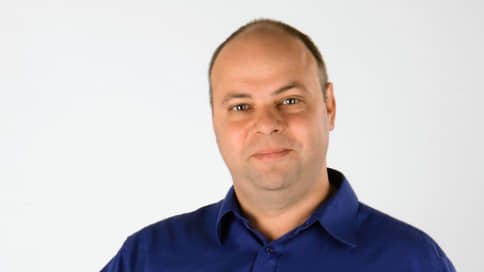Column by Maxim Builov about conversations in favor of the bet
[ad_1]

At the beginning of the week at the WEF, the heads of the two largest banks in the Russian Federation said that they do not expect an increase in the key rate at the meeting of the board of directors of the Central Bank on Friday. The head of Sberbank, German Gref, noted that the regulator has learned to work with inflationary surges and the period of high key rates will not last long. The head of VTB, Andrei Kostin, said that the measures that the Central Bank took and the rhetoric that showed that the regulator is serious about acting are forcing speculators to act more carefully.
It is obvious that banks are not interested in increasing the key rate. According to Andrei Kostin, its increase “does not have a very good response from business and government.” In particular, this will affect the pace of lending, and “if the authorities want us to lend more, then the rate must be carefully raised,” the top manager noted.
The fact that the bankers’ words were not spoken as a formality, but actually reflect their view of the market and its prospects, is confirmed by the dynamics of deposit rates. Thus, according to the Central Bank, two months ago the average maximum rate of the largest banks on deposits for a period of more than a year was 8.8% per annum. For up to three months it was 6.1%, for three to six months – 7.2%. That is, the banks were full of expectations that the growth of the key rate would continue and did not hesitate to raise rates on the longest deposits (see Kommersant on July 27).
In the first ten days of September, according to the Central Bank, the situation changed. Rates on deposits for three to six months increased by 3 percentage points, to 10.2% per annum. Rates on deposits up to three months increased at the same pace – by 2.95 percentage points, to 9.1% per annum. At the same time, deposits over one year added only 0.8 percentage points, to 9.6% per annum. That is, the highest rates turned out to be for deposits from three months to six months – this is the period that German Gref called as the period during which it will become clear where the market is moving.
However, Mr. Kostin’s reservation about the rhetoric of the Central Bank and the caution of speculators are also worth attention. The sharp rise in the key rate at an unscheduled meeting of the board of directors of the Central Bank on August 15 was associated with a serious weakening of the ruble. Last week, the Bank of Russia made it clear that it could continue to raise the key rate, and at auction from September 7 to 12, the dollar exchange rate dropped from 98.2 rubles/$ to 94.7 rubles/$. On Wednesday, it returned to 96 rubles/$, and, according to some analysts, statements by the heads of the largest banks contributed to the weakening of the ruble.
If the weakening of the ruble continues until the meeting of the board of directors of the Bank of Russia, then the likelihood of raising the key rate will seriously increase, which neither Sberbank nor VTB not only expect, but also do not want. Not only money loves silence, but also bets.
[ad_2]
Source link





